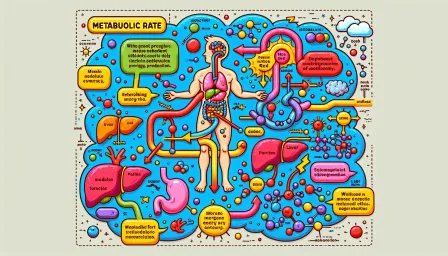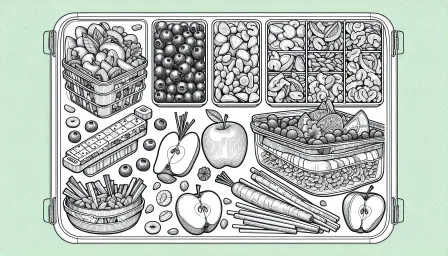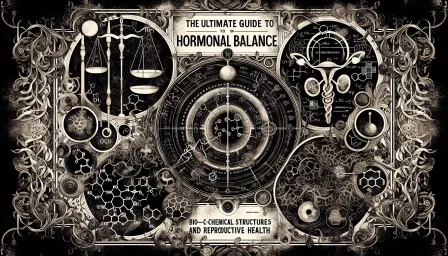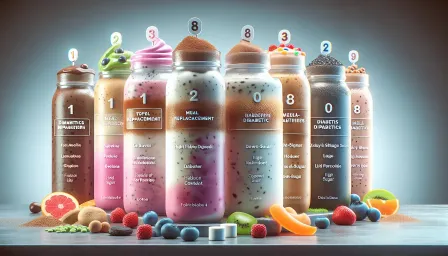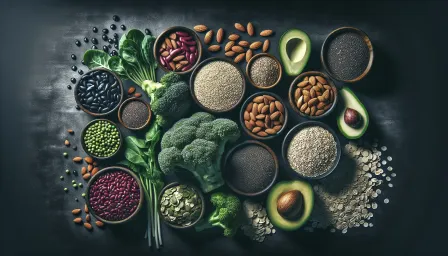The Ultimate Guide to Water Intake and Kidney Health: Stay Hydrated, Stay Healthy
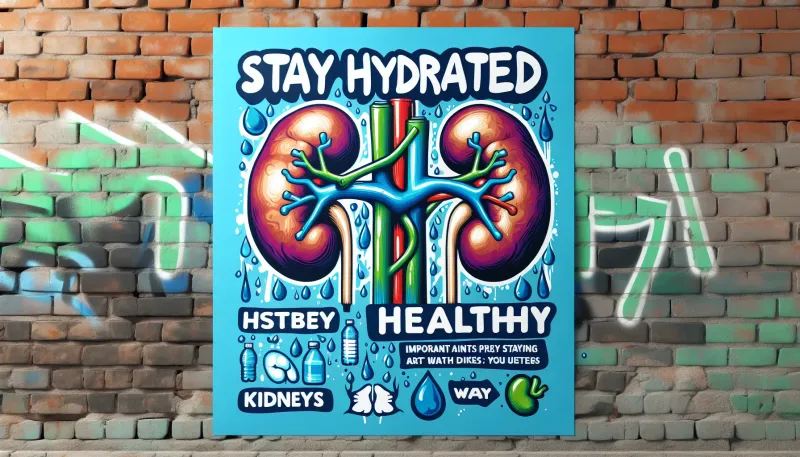
Discover the essential link between water intake and kidney health. Learn how to stay hydrated for optimal kidney function and overall health.
Proper hydration is fundamental to maintaining kidney health. Understanding the relationship between water intake and kidney function is essential for anyone looking to optimize their wellbeing. In this guide, we delve into the critical role of water, the mechanisms of kidney function, and actionable tips to staying properly hydrated.
The Importance of Water for the Human Body
Water is involved in virtually every bodily function. It aids in digestion, circulation, temperature regulation, and waste elimination. Approximately 60% of the human body is made up of water, underscoring its importance to our biological systems.
The Role of Kidneys in Body Function
Filtration of Blood
The kidneys filter around 120-150 quarts of blood daily, removing waste and excess fluids. These filtration units, known as nephrons, are critical for maintaining a stable internal environment.
Regulation of Fluid and Electrolytes
Kidneys help regulate the body's fluid balance and electrolytes. They ensure the right amount of potassium, sodium, calcium, and other minerals are in our bloodstream, playing a key role in maintaining homeostasis.
Production of Vital Hormones
The kidneys also produce hormones such as erythropoietin, which stimulates red blood cell production, and renin, which regulates blood pressure. Maintaining their health is paramount for these vital processes.
Water Intake and Kidney Health
Preventing Dehydration
Dehydration can impair kidney function. Without adequate fluid intake, the kidneys struggle to remove toxins from the blood, leading to various health issues including kidney stones and urinary tract infections.
Avoiding Kidney Stones
Kidney stones form when minerals crystallize due to concentrated urine, a direct result of insufficient water intake. Staying hydrated dilutes urine and reduces the risk of stone formation.
Optimizing Filtration Efficiency
Adequate water intake ensures the kidneys can efficiently filter blood. This reduces the strain on the kidneys and lowers the risk of developing chronic kidney diseases.
Recommended Water Intake
General Guidelines
The National Academies of Sciences, Engineering, and Medicine recommends a daily water intake of about 3.7 liters (15.5 cups) for men and 2.7 liters (11.5 cups) for women. These recommendations include all fluids consumed per day, not just water.
Factors Influencing Water Needs
Water needs vary based on several factors, including activity level, climate, and individual health conditions. For instance, athletes or individuals living in hot climates may require more fluids.
Practical Tips to Stay Hydrated
Carry a Water Bottle
Having a water bottle at hand serves as a constant reminder to drink and makes it more convenient to stay hydrated throughout the day.
Set Reminders
Use apps or set alarms to remind you to drink water at regular intervals, ensuring consistent fluid intake.
Eat Water-Rich Foods
Incorporate fruits and vegetables with high water content into your diet. Foods like cucumbers, watermelons, and oranges can contribute significantly to your daily hydration needs.
Signs of Proper Hydration
Checking Urine Color
Urine color is a reliable indicator of hydration status. Light yellow or clear urine typically signifies adequate hydration, whereas dark yellow or amber suggests the need for more fluids.
Monitoring Thirst Levels
Feeling thirsty is your body's natural signal that it needs more water. However, thirst can also be a late indicator of dehydration, so aim to drink water consistently even if you don't feel thirsty.
Conclusion: Commit to High Water Intake for Kidney Health
Water intake and kidney health are inextricably linked. By maintaining adequate hydration levels, you support your kidneys in performing their essential functions efficiently. Remember the general guidelines, pay attention to your body's signals, and incorporate daily habits that promote hydration. Your kidneys—and overall health—will thank you.




